10 Blue-Chip Stocks That Warren Buffett Dumped (And Why)

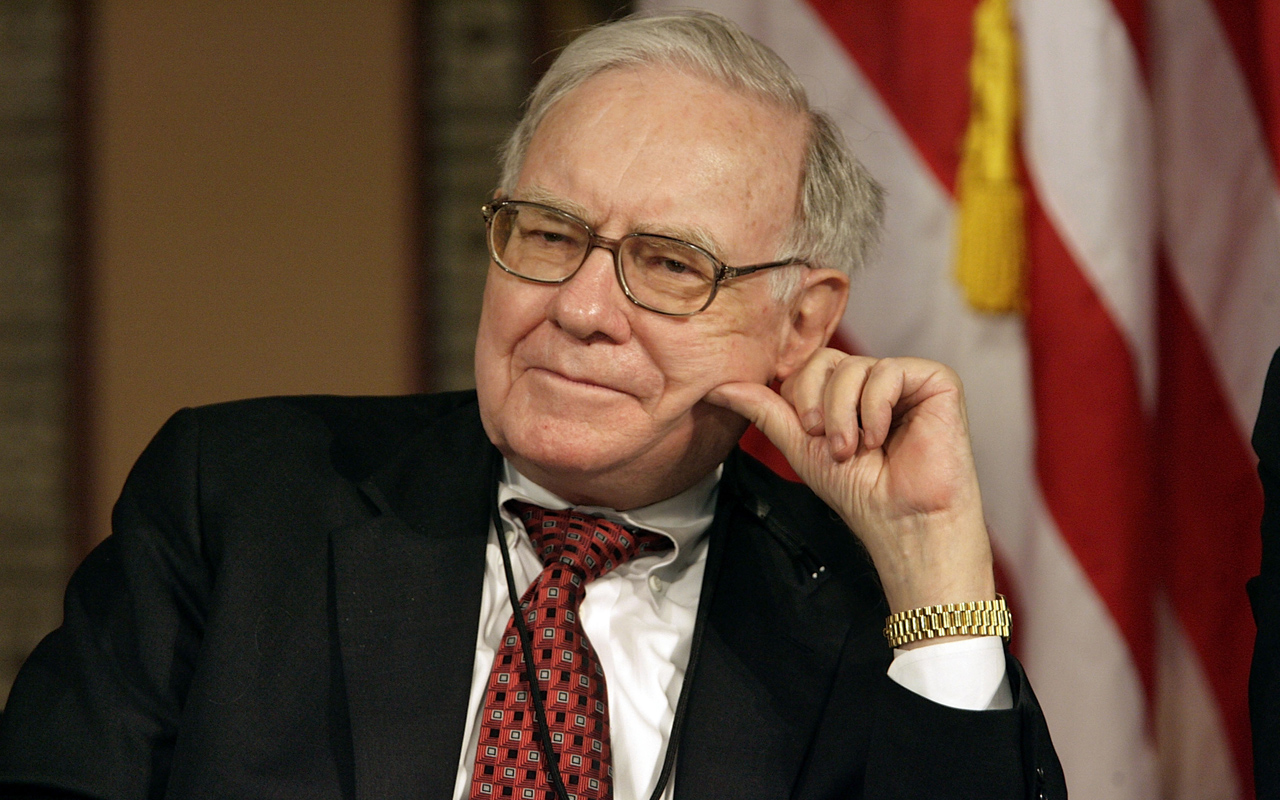
Profit and prosper with the best of Kiplinger's advice on investing, taxes, retirement, personal finance and much more. Delivered daily. Enter your email in the box and click Sign Me Up.
You are now subscribed
Your newsletter sign-up was successful
Want to add more newsletters?

Delivered daily
Kiplinger Today
Profit and prosper with the best of Kiplinger's advice on investing, taxes, retirement, personal finance and much more delivered daily. Smart money moves start here.

Sent five days a week
Kiplinger A Step Ahead
Get practical help to make better financial decisions in your everyday life, from spending to savings on top deals.

Delivered daily
Kiplinger Closing Bell
Get today's biggest financial and investing headlines delivered to your inbox every day the U.S. stock market is open.

Sent twice a week
Kiplinger Adviser Intel
Financial pros across the country share best practices and fresh tactics to preserve and grow your wealth.

Delivered weekly
Kiplinger Tax Tips
Trim your federal and state tax bills with practical tax-planning and tax-cutting strategies.

Sent twice a week
Kiplinger Retirement Tips
Your twice-a-week guide to planning and enjoying a financially secure and richly rewarding retirement

Sent bimonthly.
Kiplinger Adviser Angle
Insights for advisers, wealth managers and other financial professionals.

Sent twice a week
Kiplinger Investing Weekly
Your twice-a-week roundup of promising stocks, funds, companies and industries you should consider, ones you should avoid, and why.

Sent weekly for six weeks
Kiplinger Invest for Retirement
Your step-by-step six-part series on how to invest for retirement, from devising a successful strategy to exactly which investments to choose.
Warren Buffett, chairman and CEO of Berkshire Hathaway (BRK.B), likes to say that his ideal holding period is “forever.” But he never has been shy about dumping stocks that no longer hew to his high standards, even if they are some of the bluest of blue-chip stocks.
The Oracle of Omaha has famously held American Express (AXP), a member of the Dow Jones Industrial Average, since 1963. He added Coca-Cola (KO), another Dow stock, to Berkshire Hathaway’s portfolio in 1988 and has held tight ever since. But for every American Express and Coca-Cola, there many more just-as-famous blue chips that Buffett has banished from Berkshire’s portfolio.
Warren Buffett typically doesn’t like to say too much about the reasoning behind Berkshire Hathaway’s buying and selling of individual securities. And it’s not always clear who is acting on Berkshire Hathaway’s behalf because Buffett shares responsibility for the company’s portfolio with lieutenants Ted Weschler and Todd Combs.
One thing, however, is for sure: When Warren Buffett makes a mistake, he’s quick to rectify it. If a company flounders because of management missteps, the industry turns against it or Warren Buffett is just plain wrong in his reading of the economic cycle, he will not hesitate to cut and run, no matter how illustrious the name.
Here are 10 examples of Warren Buffett bailing out on some of the biggest blue-chip stocks.
Data is as of May 2, 2018. Click on ticker-symbol links in each slide for current share prices and more.

Deere & Co.
Buffett sold the last of Berkshire’s holdings in Deere & Company (DE, $134.75) in the first quarter of 2017. It was a stunningly fast about-face for the legendary value investor, who built up a 24.7 million-share stake in the tractor maker back only in 2014.
So what went wrong?
A global farm recession made Deere look like a beaten-down bargain when Buffett first came calling. After all, it seemed only a matter of time before the agricultural business cycle would turn around. Alas, global ag woes only deepened in the ensuing years and Deere’s stock plummeted.
When shares finally returned to 2014 levels, Buffett saw his chance to get out.
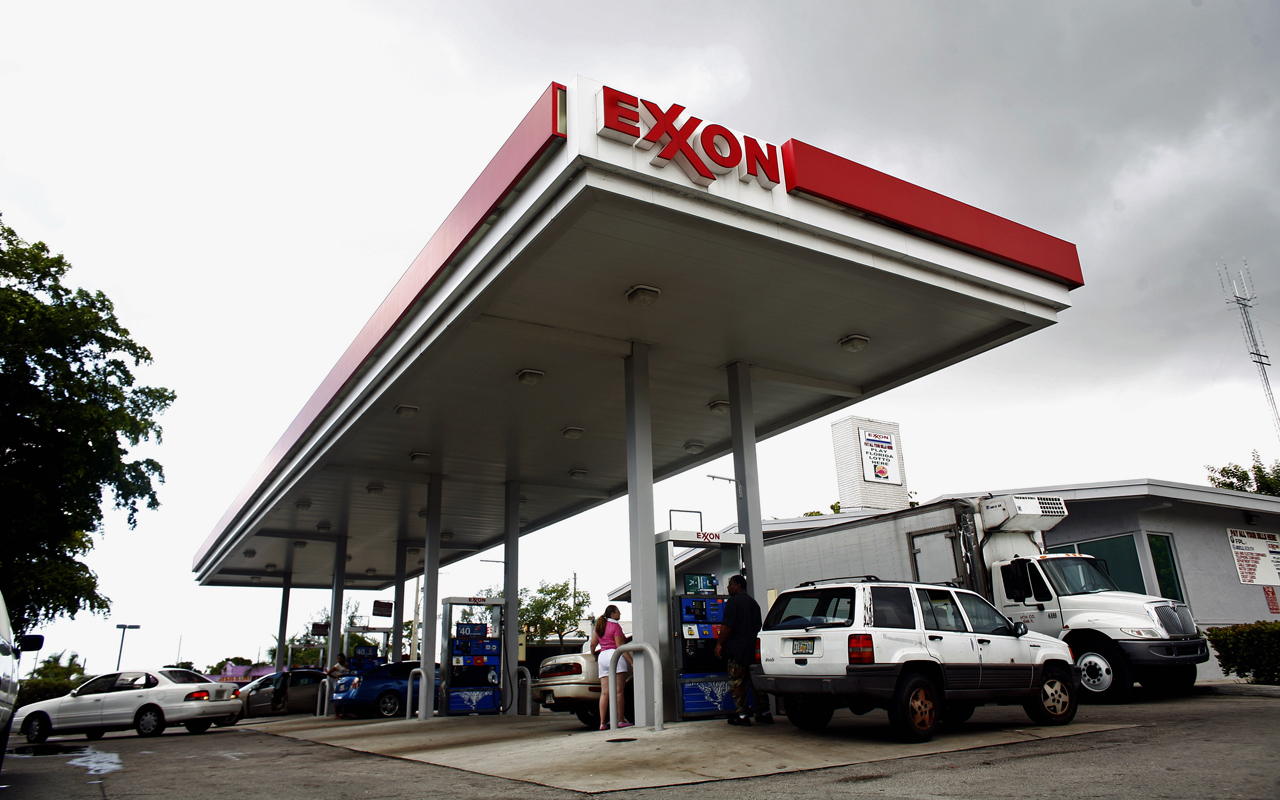
Exxon Mobil
Warren Buffett dumped the last of Berkshire’s 41 million shares – worth about $3.7 billion at the time – in Exxon Mobil (XOM, $76.80) at the end of 2014.
At first blush, it might seem stunning that the great value investor would bail out of the nation’s biggest oil company and longtime member of the Dow Jones Industrial Average. But it’s not surprising at all when you recall what happened to oil prices four years ago. A barrel of benchmark Brent crude that fetched about $110 at the beginning of 2014 went for just $50 by year’s end. That crash in oil sent many smaller energy firms into bankruptcy, and crippled the stocks of even the largest, most financially solvent energy players.
Oil prices have recovered somewhat since, but Exxon’s stock hasn’t. Shares still are down 17% since the end of 2014.
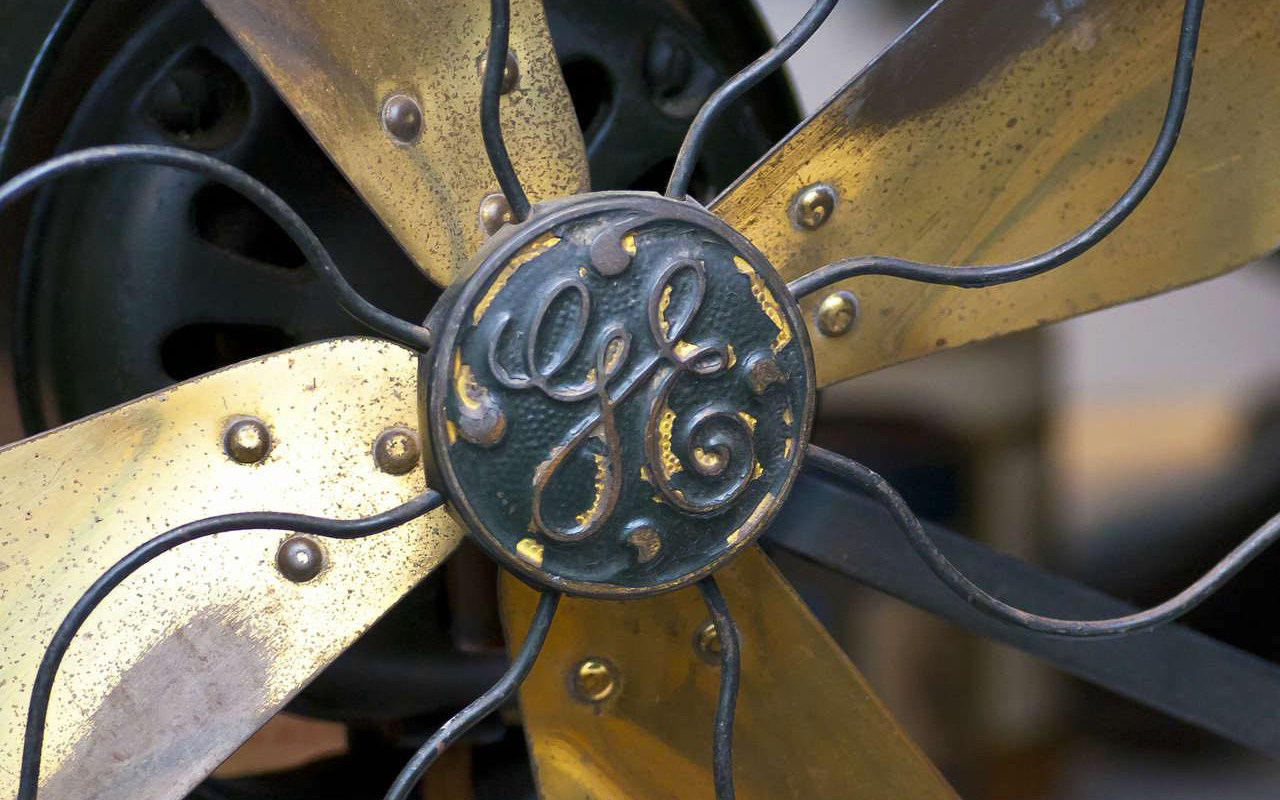
General Electric
Buffett sold Berkshire’s remaining 10.6 million-share stake in General Electric (GE, $14.18) in the second quarter of 2017, and no one was much surprised.
General Electric was never the same after the Great Recession. In response to tightening regulations, management was compelled to sell off the company’s sprawling financial operations – a powerful source of profits.
The company’s prospects significantly worsened over the past few years. In 2017, CEO Jeff Immelt stepped down amid increasing problems with General Electric’s operational performance. In fact, analysts even sounded the alarm on GE’s dividend, and sure enough, it halved it in November to free up capital. The General Electric that’s left is a sputtering industrial conglomerate, and investors aren’t quite sure what to make of its future.
Although not one to try and time the market, Buffett’s timing was nevertheless impeccable. GE’s stock is down 50% over the past year.
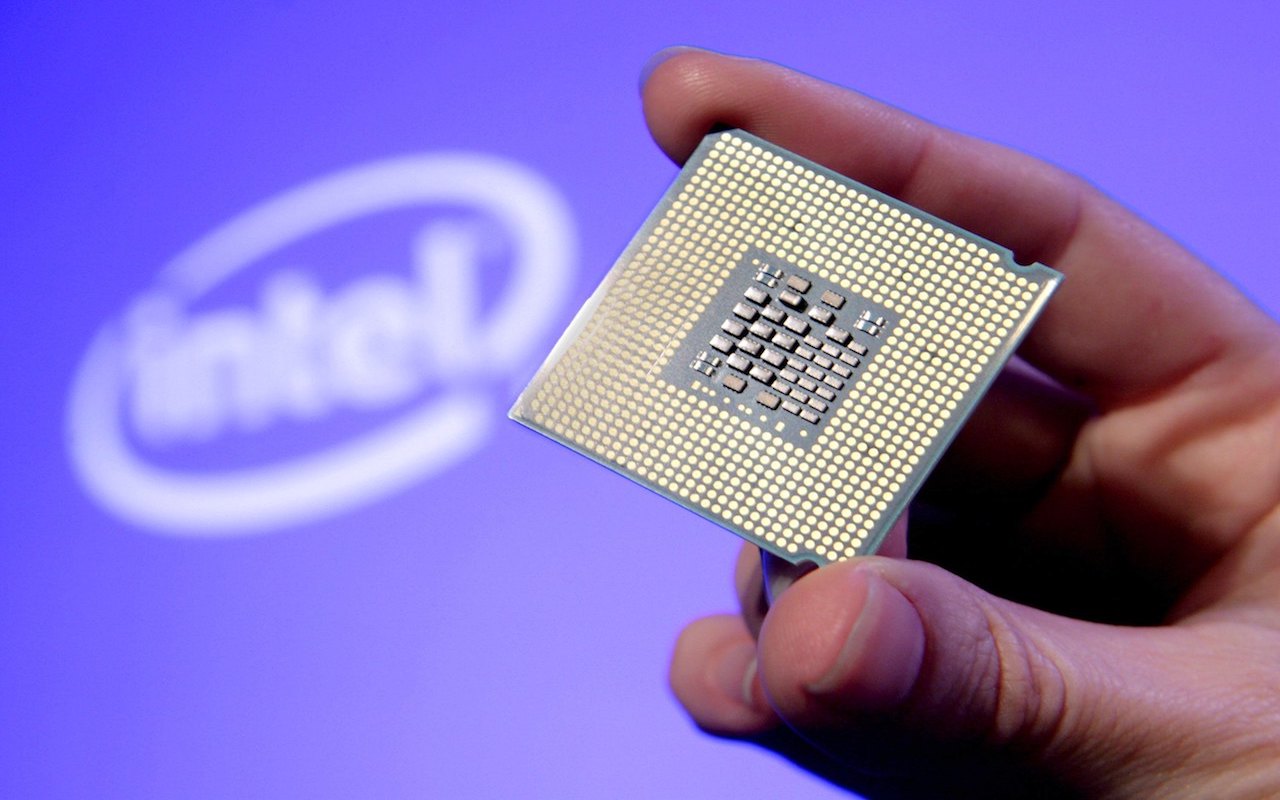
Intel
It was an affair so brief that it’s easy to forget Warren Buffett once had an interest in Intel (INTC, $52.31).
Berkshire Hathaway acquired almost 11.5 million shares in the chipmaker over the course of 2011, only to dump the entire stake in the first quarter of 2012. It was a profitable – if short-lived – investment, though it’s not clear whether it was made by Buffett or one of his lieutenants, Ted Weschler or Todd Combs.
But it sure was well-timed. Not long after Berkshire’s exit, shares in Intel went on to drop 30% over the course of six months. The company, which missed out on the shift to mobile computing, continues to grapple with declining sales of PCs.
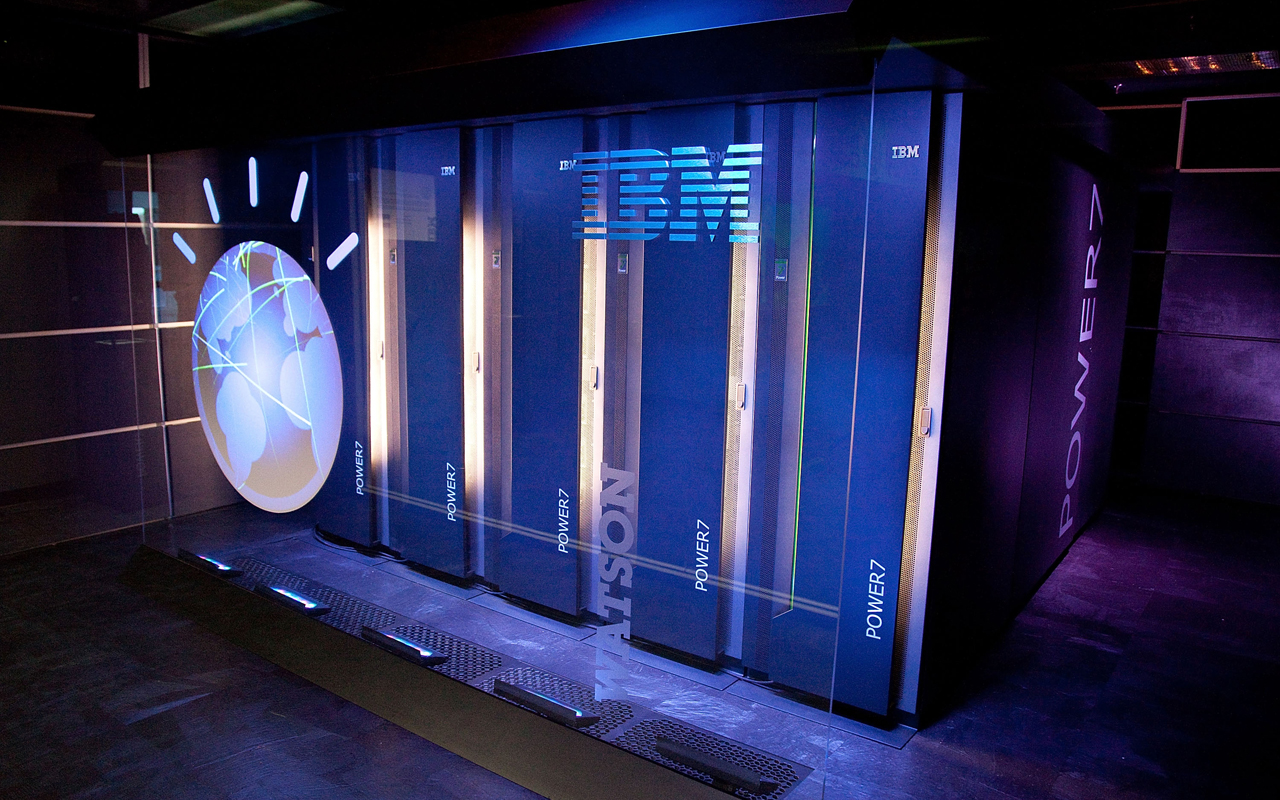
International Business Machines
After years of telling Berkshire shareholders that he didn’t really understand technology stocks, it was big news when Warren Buffett first bought about $10 billion worth of International Business Machines (IBM, $142.45) back in 2011.
He should have remained tech-averse.
By the end of 2016, Berkshire owned 81.2 million shares, amounting to 8.5% of the company’s outstanding stock. As of today, Berkshire holds just 2 million shares in Big Blue – a mere 0.2% stake in the tech giant that’s worth less than $300 million.
IBM is struggling to play catch up in the age of Big Data and cloud computing. Years of declining sales and a share price that’s off 30% over the past five years make the Dow stock a rare blown call for Buffett.
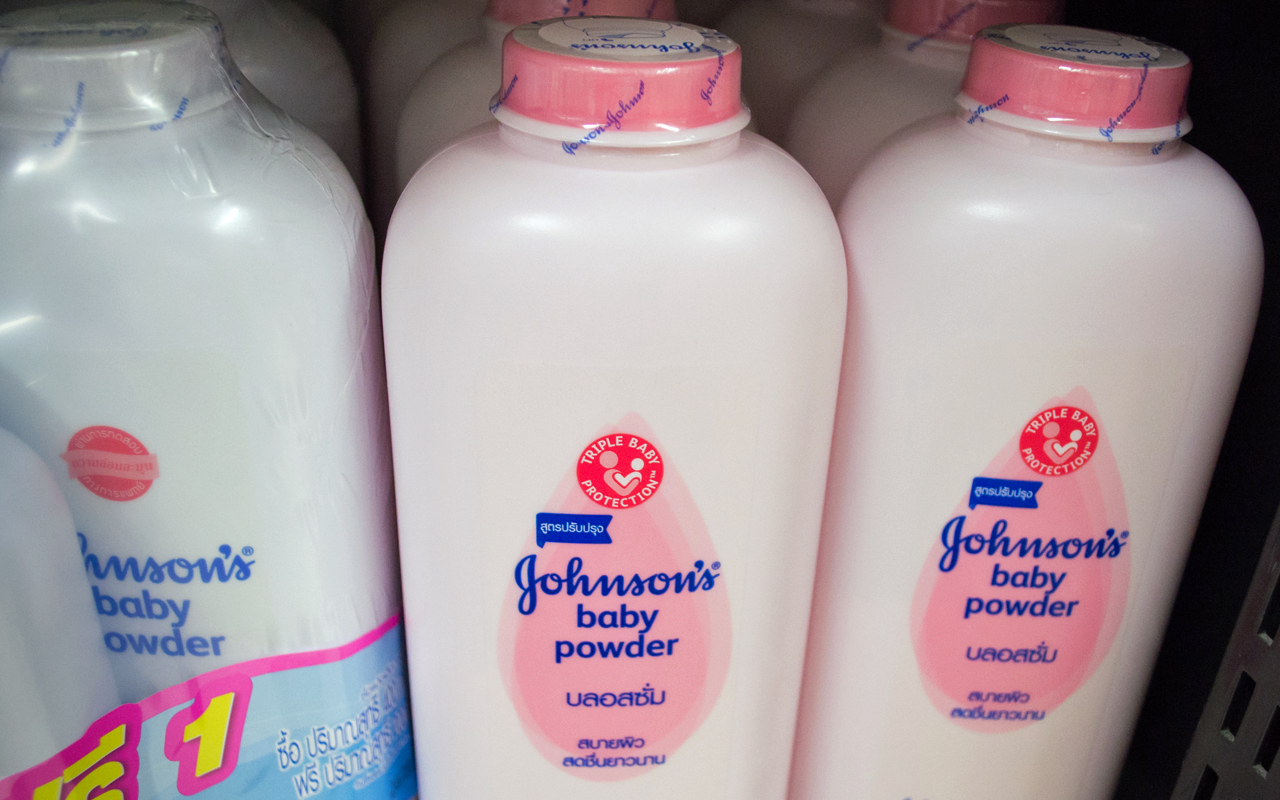
Johnson & Johnson
Warren Buffett’s interest in Johnson & Johnson (JNJ, $123.50) peaked more than a decade ago. Now, the diversified health-care giant represents nothing more than a token holding.
You can blame management missteps. J&J struggled with manufacturing problems and allegations of illegal marketing practices in 2010 and 2011. Buffett was critical of the company for those gaffes, as well as for using too much of its own stock in its 2011 acquisition of device-maker Synthes.
Disenchanted with Johnson & Johnson, Buffett dumped most of Berkshire’s stake in 2012. Back in 2007, Berkshire’s position in JNJ topped out at 64.3 million shares. Today, Berkshire’s stake comes to just 327,100 shares (~$40 million), which represents less than 0.01% of the company.
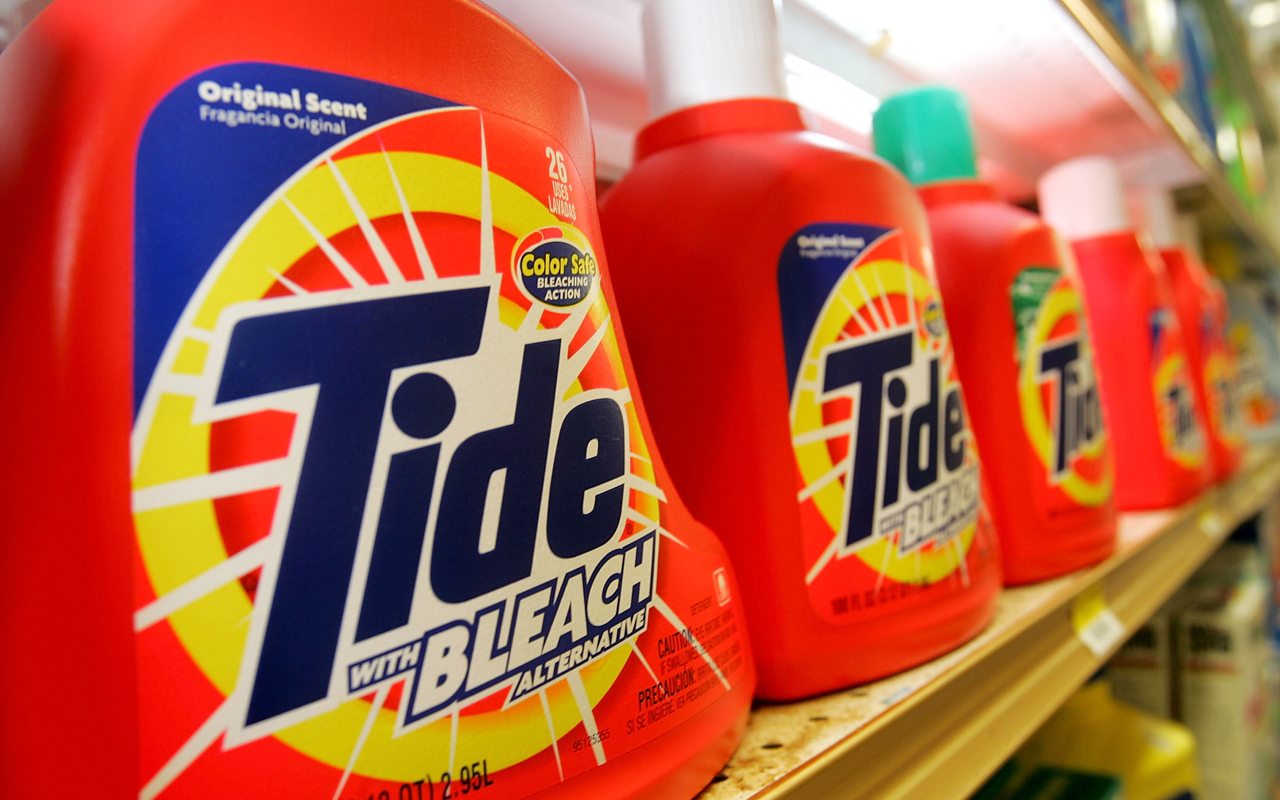
Procter & Gamble
Berkshire Hathaway was a major shareholder in Gillette when Procter & Gamble (PG, $70.94) bought the razor company in 2005. Buffett called it a “dream deal,” as Berkshire came to own 100 million shares in the consumer products company.
However, his ardor for P&G soon faded. Procter & Gamble’s earnings and sales stagnated in the Great Recession and its aftermath as consumers opted for cheaper brands. Buffett took notice and gradually chipped away at Berkshire’s stake.
At the end of 2012, Berkshire held just 52.5 million PG shares. Less than two years later, Buffett would sell those shares back to Procter & Gamble for $4.7 billion in return for its Duracell battery business.
Today, Berkshire retains just 315,400 shares in P&G worth roughly $22 million, or about 0.01% of the consumer products company.

Tesco
Give Warren Buffett credit for admitting when he’s screwed up.
His ill-fated bet on a British supermarket chain was a doozy. The Oracle of Omaha sure wasn’t clairvoyant in 2006, when he plunged Berkshire Hathaway into shares of Tesco (TSCDY, $9.56), the U.K.-based grocer and general merchandise retailer. Even a surprise profit warning couldn’t scare Buffett away from upping his stake in the troubled chain; at the end of 2012, Berkshire owned 415 million shares.
Buffett eventually sold the shares over the course of 2013 and 2014, as an accounting scandal engulfed Tesco. But the Oracle admitted that he moved much too slowly. In his 2014 shareholder letter, Buffett said his “thumb sucking” cost Berkshire an after-tax investment loss of $444 million.
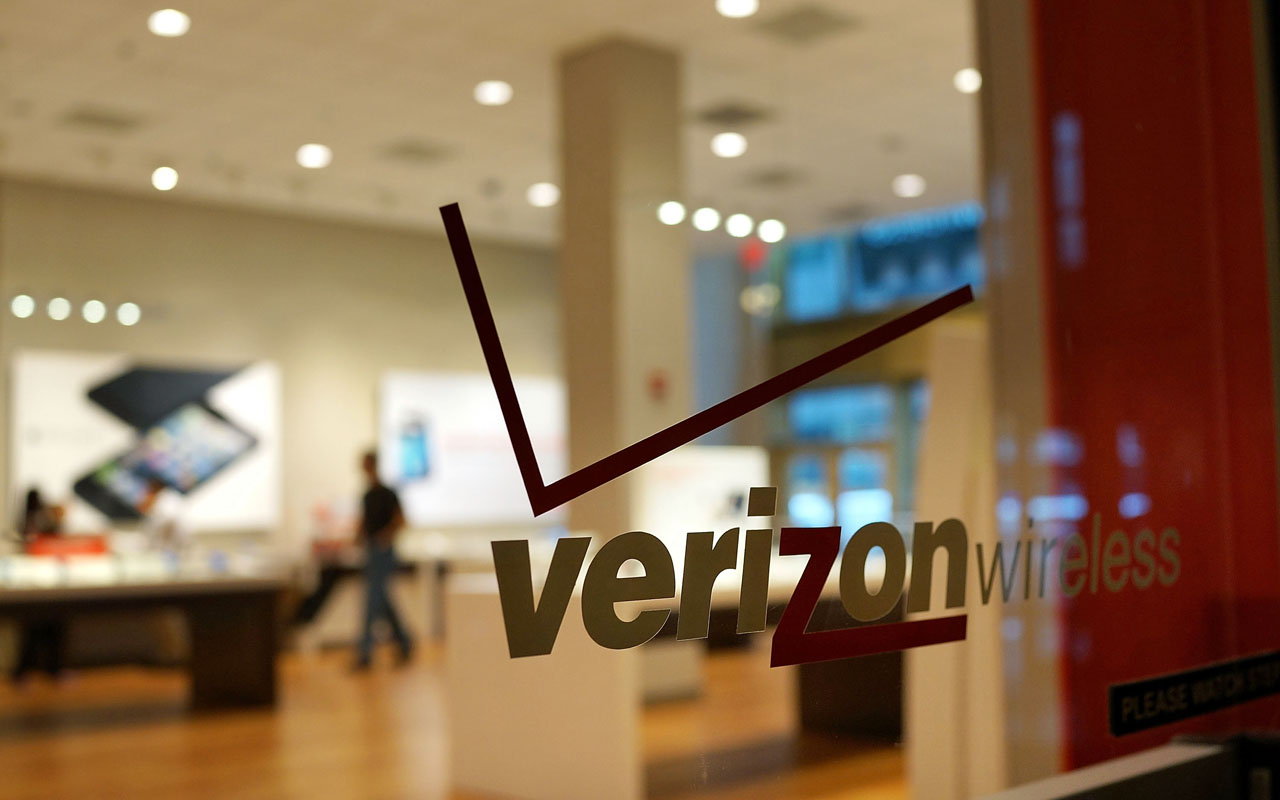
Verizon
Buffett’s favorite holding period might be “forever,” but that doesn’t mean he can’t run out of patience fast. Witness Berkshire Hathaway’s dalliance with Verizon (VZ, $47.75).
Buffett first bought a stake of 11 million shares in the telecommunications giant in the first quarter of 2014. By the end of 2016, he’d all but liquidated the position. Verizon’s stock underperformed the Standard & Poor’s 500-stock index during Berkshire’s tenure. Some observers concluded that Buffett simply lost patience with the lumbering telco amid escalating industry price wars.
Today, Berkshire holds a token 928 shares in VZ worth $44,000.

Walmart
Warren Buffett first invested in Walmart (WMT, $86.34) in 2005 with a stake of more than 19 million shares. By 2012, Berkshire Hathaway held nearly 55 million shares in the world’s largest retailer.
But times change.
The rise of Amazon.com (AMZN) and e-commerce led Buffett to rethink the future of brick-and-mortar retail. After years of paring his investment in Walmart, Buffett dumped most of Berkshire’s remaining stake at the end of 2016.
Today, Buffett is full of praise for Amazon chief Jeff Bezos, and Berkshire’s WMT holdings are down to 1.4 million shares, or about 0.05% of the big-box chain.
Profit and prosper with the best of Kiplinger's advice on investing, taxes, retirement, personal finance and much more. Delivered daily. Enter your email in the box and click Sign Me Up.

Dan Burrows is Kiplinger's senior investing writer, having joined the publication full time in 2016.
A long-time financial journalist, Dan is a veteran of MarketWatch, CBS MoneyWatch, SmartMoney, InvestorPlace, DailyFinance and other tier 1 national publications. He has written for The Wall Street Journal, Bloomberg and Consumer Reports and his stories have appeared in the New York Daily News, the San Jose Mercury News and Investor's Business Daily, among many other outlets. As a senior writer at AOL's DailyFinance, Dan reported market news from the floor of the New York Stock Exchange.
Once upon a time – before his days as a financial reporter and assistant financial editor at legendary fashion trade paper Women's Wear Daily – Dan worked for Spy magazine, scribbled away at Time Inc. and contributed to Maxim magazine back when lad mags were a thing. He's also written for Esquire magazine's Dubious Achievements Awards.
In his current role at Kiplinger, Dan writes about markets and macroeconomics.
Dan holds a bachelor's degree from Oberlin College and a master's degree from Columbia University.
Disclosure: Dan does not trade individual stocks or securities. He is eternally long the U.S equity market, primarily through tax-advantaged accounts.
-
 How Much It Costs to Host a Super Bowl Party in 2026
How Much It Costs to Host a Super Bowl Party in 2026Hosting a Super Bowl party in 2026 could cost you. Here's a breakdown of food, drink and entertainment costs — plus ways to save.
-
 3 Reasons to Use a 5-Year CD As You Approach Retirement
3 Reasons to Use a 5-Year CD As You Approach RetirementA five-year CD can help you reach other milestones as you approach retirement.
-
 Your Adult Kids Are Doing Fine. Is It Time To Spend Some of Their Inheritance?
Your Adult Kids Are Doing Fine. Is It Time To Spend Some of Their Inheritance?If your kids are successful, do they need an inheritance? Ask yourself these four questions before passing down another dollar.
-
 Dow Leads in Mixed Session on Amgen Earnings: Stock Market Today
Dow Leads in Mixed Session on Amgen Earnings: Stock Market TodayThe rest of Wall Street struggled as Advanced Micro Devices earnings caused a chip-stock sell-off.
-
 Nasdaq Slides 1.4% on Big Tech Questions: Stock Market Today
Nasdaq Slides 1.4% on Big Tech Questions: Stock Market TodayPalantir Technologies proves at least one publicly traded company can spend a lot of money on AI and make a lot of money on AI.
-
 Fed Vibes Lift Stocks, Dow Up 515 Points: Stock Market Today
Fed Vibes Lift Stocks, Dow Up 515 Points: Stock Market TodayIncoming economic data, including the January jobs report, has been delayed again by another federal government shutdown.
-
 Stocks Close Down as Gold, Silver Spiral: Stock Market Today
Stocks Close Down as Gold, Silver Spiral: Stock Market TodayA "long-overdue correction" temporarily halted a massive rally in gold and silver, while the Dow took a hit from negative reactions to blue-chip earnings.
-
 Nasdaq Drops 172 Points on MSFT AI Spend: Stock Market Today
Nasdaq Drops 172 Points on MSFT AI Spend: Stock Market TodayMicrosoft, Meta Platforms and a mid-cap energy stock have a lot to say about the state of the AI revolution today.
-
 S&P 500 Tops 7,000, Fed Pauses Rate Cuts: Stock Market Today
S&P 500 Tops 7,000, Fed Pauses Rate Cuts: Stock Market TodayInvestors, traders and speculators will probably have to wait until after Jerome Powell steps down for the next Fed rate cut.
-
 S&P 500 Hits New High Before Big Tech Earnings, Fed: Stock Market Today
S&P 500 Hits New High Before Big Tech Earnings, Fed: Stock Market TodayThe tech-heavy Nasdaq also shone in Tuesday's session, while UnitedHealth dragged on the blue-chip Dow Jones Industrial Average.
-
 Dow Rises 313 Points to Begin a Big Week: Stock Market Today
Dow Rises 313 Points to Begin a Big Week: Stock Market TodayThe S&P 500 is within 50 points of crossing 7,000 for the first time, and Papa Dow is lurking just below its own new all-time high.
